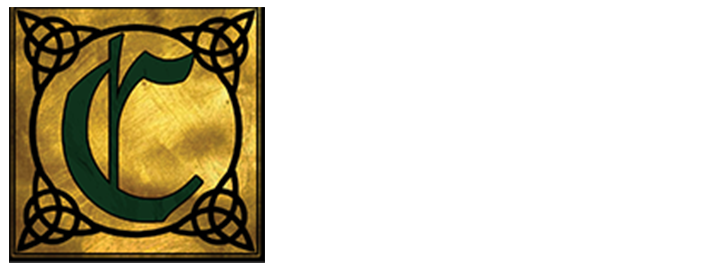Is life an illusion?
Nothing more than a dream?
How do we know? And what if we meet someone who disagrees?
Even better, HOW do we disagree, when we disagree?
You won’t want to miss the answer in this story on this week’s Truth in Two!
[Full text below and don’t miss the AFTERWORD!]
Life is NOT an illusion from a Hebraic-Christian point of view.
Find out more about becoming a Christian APOLOGIST. I would be glad to talk with you about the work of RATIO CHRISTI (here). Subscribe to “Truth in Two” videos  from Comenius (here). Mark is President of The Comenius Institute (website). Dr. Eckel spends time with Christian young people in public university (1 minute video), hosts a weekly radio program with diverse groups of guests (1 minute video), and interprets culture from a Christian vantage point (1 minute video). Consider becoming a Comenius patron (here).
from Comenius (here). Mark is President of The Comenius Institute (website). Dr. Eckel spends time with Christian young people in public university (1 minute video), hosts a weekly radio program with diverse groups of guests (1 minute video), and interprets culture from a Christian vantage point (1 minute video). Consider becoming a Comenius patron (here).
Picture Credit: Luke Renoe, Snappy Goat
FULL TEXT:
Jon attended a public university studying toward a degree in business. His resident advisor (RA) had called a floor meeting. Jon, a freshman, showed up early. He and his RA began a general discussion. Soon the chat turned toward the question of “What is real?” The RA was a Hindu, Jon, a Christian. Jon had learned that the best way to determine someone’s point of view was simply to ask questions. The RA’s offerings to the conversation were met with more, deeper questions.
The two men continued in dialogue as the floor meeting room began to fill with other students. Jon was not antagonistic or argumentative. He simply asked questions. The Hindu became increasingly frustrated, because he was unable to answer the questions. Finally, in exasperation, the RA left the room.
The room was full of students from the dorm floor. It was the time for the scheduled meeting. The students had been quietly listening to the discussion. The RA’s departure left Jon standing in the middle of the room, alone. And then a voice from the back asked, “So how would you answer your own question “What is real?”
Jon was not caught off guard. He began to explain his Christian beliefs.
Jon had been in my class his senior year of high school. We discussed questions such as “What is real?” Jon’s Hindu RA believed life was an illusion – life could possibly be a dream. Jon held the Christian view that the supernatural God had created the natural world. The Christian view gave a basis for human reality, purpose, justice, and love.
When Jon’s RA left the room, Jon knew how to speak with others holding differing beliefs. He knew what he believed. More importantly, Jon knew how to communicate why he believed what he believed. Jon’s dorm mates found out what he believed too.
For Truth in Two, this is Dr. Mark Eckel, president of the Comenius Institute, personally seeking truth wherever it’s found.
AFTERWORD
One afternoon, my parents visited Cambridge University, and met with some students in the living room of a college apartment. My husband-to-be, Ranald, his good friend Tom, and other students gathered around the fireplace. A teakettle was whistling cheerfully on a gas burner nearby, promising hot cups of tea.
As the group discussed ideas, one young man from India, who was Hindu by religion, started to speak out against Christian ideas of truth. My father decided to probe this fellow’s own conclusions, to show that he could not actually live and act upon what he said he believed.
“Are we agreed,” my father asked, “that you believe there is only one reality, which includes all things, all ideas?”
The young man nodded.
“Then,” my father pursued, “this means that, ultimately, everything is the same. Any difference we see is temporary, an illusion. There is no such thing as a separate personality, correct? No final difference between good and evil, or between cruelty and non-cruelty?” The young man agreed again, but the others in the room were surprised at what the full extent of their friend’s Hindu beliefs could be.
Tom was struck with the fact that such beliefs didn’t fit into the real world. But instead of arguing, he reached for the steaming teakettle, lifted it off the gas burner, and held it over the startled Indian’s head. Everyone looked surprised, and the Indian student looked scared to death.
“If what you believe is really true,” Tom said firmly, “there is no ultimate difference between cruelty and non-cruelty. So whether I choose to pour this boiling water over your head or not doesn’t really matter.”
There was a moment of silence, and then the Indian rose and left the room without comment. He could not match what he believed with real life.
Susan Schaeffer Macaulay, “The Hindu and the Teakettle,” How to be Your Own Selfish Pig, Chariot Books, 1982, pp. 28-29.


